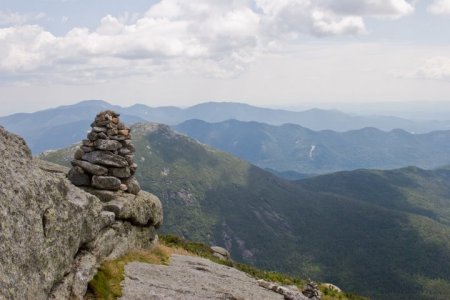David Brooks (New York Times, May 28, 2021)
People wear masks when they feel unsafe, and for more than a
year, we were unsafe, and we had to wear masks. But the physical masks we wore
were layered on top of all the
psychological masks we had put on, out of fear, in the years before Covid. Productivity
is a mask. I’m too busy to see you. Essentialism is a mask. I can make all
sorts of assumptions about you based on what racial or ethnic group you are in.
Self-doubt is a mask. I don’t show you
myself because I’m afraid you won’t like me. Distrust is a mask. I wall
myself in because I’m suspicious you’ll hurt me.
As we take off the physical masks, it seems important that we take off the psychological masks as well.
If there is one thing I’ve learned in life, it is that we have more to fear
from our inhibitions than from our vulnerabilities. More lives are wrecked by
the slow and frigid death of emotional closedness than by the short and hot
risks of emotional openness.
William James (The Gospel of Relaxation, 1899)
Well, my friends, if our dear American character is weakened
by all this over-tension,—and I think, whatever reserves you may make, that you
will agree as to the main facts,—where does the remedy lie? It lies, of course,
where lay the origins of the disease. If a vicious fashion and taste are to
blame for the thing, the fashion and taste must be changed. And, though it is
no small thing to inoculate seventy millions of people with new standards, yet,
if there is to be any relief, that will have to be done. We must change ourselves from a race that admires jerk and snap for
their own sakes, and looks down upon low voices and quiet ways as dull, to one
that, on the contrary, has calm for its ideal, and for their own sakes loves
harmony, dignity, and ease.
….
Why do we hear the complaint so often that social life in
New England is either less rich and expressive or more fatiguing than it is in
some other parts of the world? To what is the fact, if fact it be, due unless to the over-active conscience of
the people, afraid of either saying something too trivial and obvious, or
something insincere, or something unworthy of one's interlocutor, or something
in some way or other not adequate to the occasion? How can conversation
possibly steer itself through such a sea of responsibilities and inhibitions as
this? On the other band, conversation does flourish and society is refreshing,
and neither dull on the one band nor exhausting from its effort on the other, wherever people forget their scruples and
take the brakes off their hearts, and let their tongues wag as automatically
and irresponsibly as they will.




